News Archive
Research
-
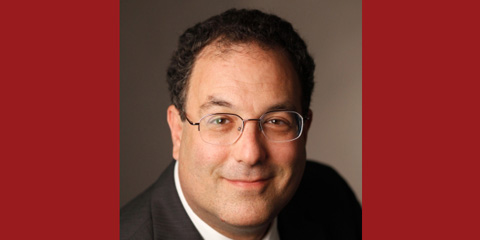
With the presidential race heading into its final stretch, both candidates vow to protect the sacred promises made to military families. But neither is offering any details on how they might support military families if we hit a fiscal cliff with budget cuts that could wipe out services for military and veterans' families.
Month after month, in the midst of a heated presidential and congressional pre-election cycle, we see no organized blueprint to integrate millions of military family members into civilian society.
-
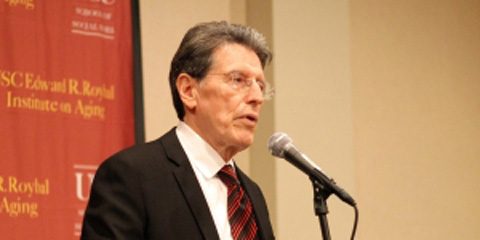
More than 100 scholars convened for a three-day discussion about the health of aging Hispanics in the United States, Mexico, Latin America and the Caribbean, as part of the 2012 International Conference on Aging in the Americas hosted by the USC Edward R. Roybal Institute on Aging at the USC School of Social Work.
-
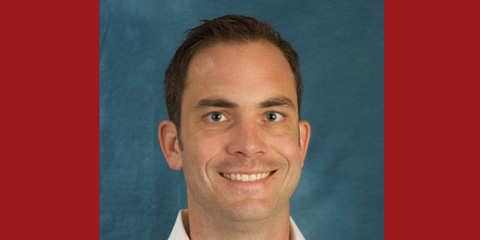
Sexting, the sending or receiving of sexually explicit text messages or photos via cell phone, appears to be part of a cluster of risky sexual behaviors among adolescents, rather than a substitute for "real world" sex, according to a USC study in the October 2012 issue of Pediatrics.
-
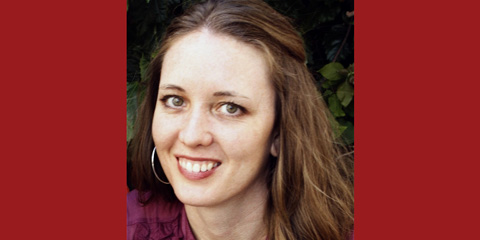
A national social work organization has awarded USC School of Social Work doctoral student Gretchen Heidemann with funding to support her dissertation research on the transition of formerly incarcerated women into the community.
The Robert L. Schneider Dissertation Award, which includes a $1,000 cash grant, is given annually by Influencing State Policy to scholars whose dissertation is focused on social policy research at the state level.
-
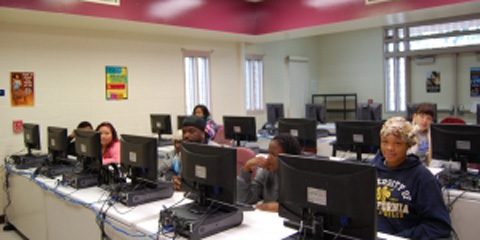
The USC School of Social Work will receive the Corporate Champion Award from the Los Angeles Opportunities Industrialization Center for extensive community outreach efforts and involvement in the technology literacy program Computers for Families.
-

The Building Capacity in Military-Connected Schools project, a partnership between the USC School of Social Work and eight public school districts working to create sustainable models of supportive schools, will release four guidebooks Oct. 1 with the goal of bridging the military and civilian divide in K-12 schools.
-
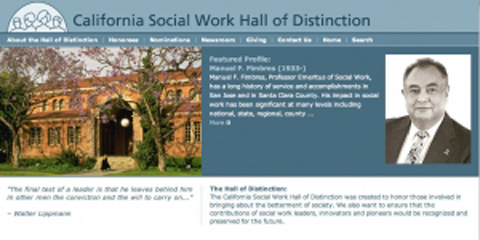
To increase awareness of social work history and the pioneers who made it happen, the USC School of Social Work’s California Social Welfare Archives has created a project designed for incorporation into social work curricula throughout California.
-
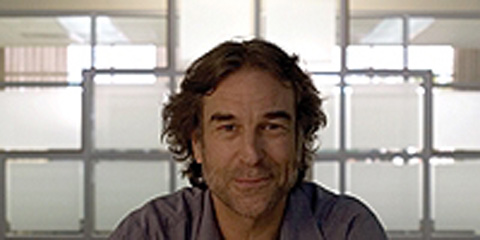
Using a unique research model that has proven successful in the field of medicine, John Brekke, the Frances G. Larson Professor of Social Work Research at the USC School of Social Work, is leading an effort to bring together mental health practitioners to determine what type of research is most needed to improve services for people with serious mental illness.
Known as a practice-based research network, the group of providers will be tasked with outlining key topics or questions related to their work and engaging with researchers to address those issues.
-
Three new professors joining the USC School of Social Work this fall will strengthen the school’s focus on substance abuse and HIV prevention, serious mental illness and homelessness research.
Hortensia Amaro will serve as Dean's Professor of Social Work and Preventive Medicine, in addition to working with the USC Office of the Provost as associate provost for community research initiatives. Jeremy Goldbach and Ben Henwood were brought on board as assistant professors.
-
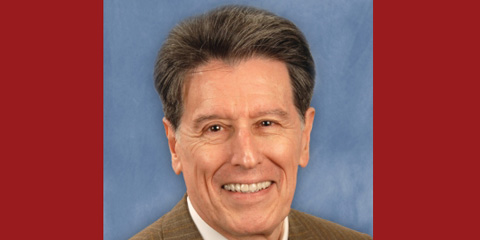
The Edward R. Roybal Institute on Aging at the USC School of Social Work will host the 2012 International Conference on Aging in the Americas (ICAA) from Sept. 11-13 at the USC Davidson Conference Center.